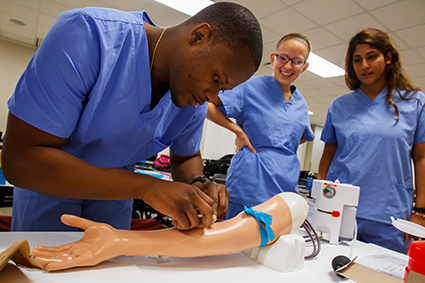The family nurse practitioner (FNP) track is dedicated to advancement of evidence-based clinical practice within diverse healthcare settings. Graduates are prepared to expand their knowledge of health promotion, disease prevention, and health education with a focus on improving regional health care delivery and overall health of the people and communities of Northwest Indiana, one of the most diverse areas of the state. Graduates are eligible for national certification as family nurse practitioners.



